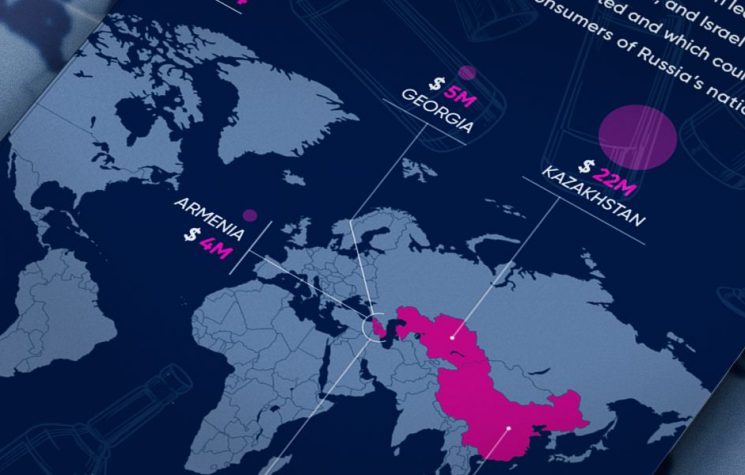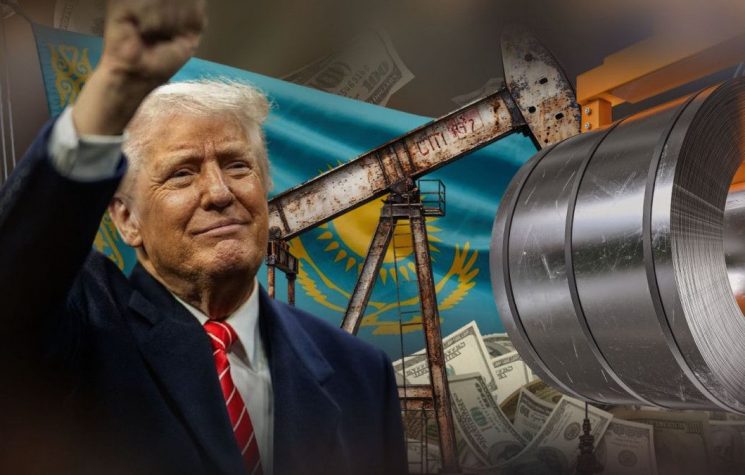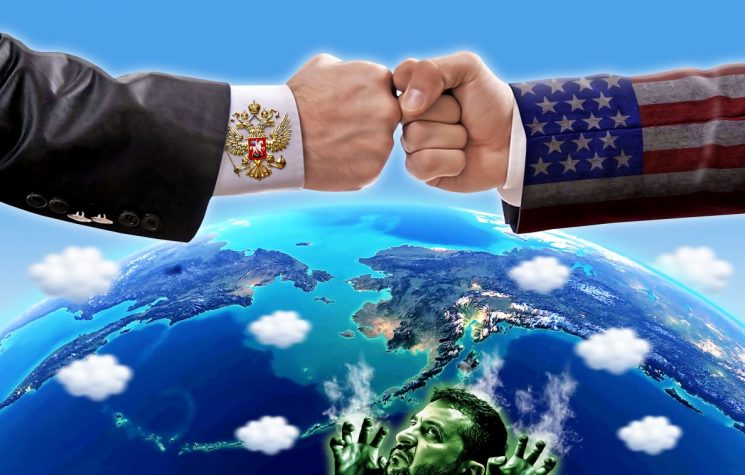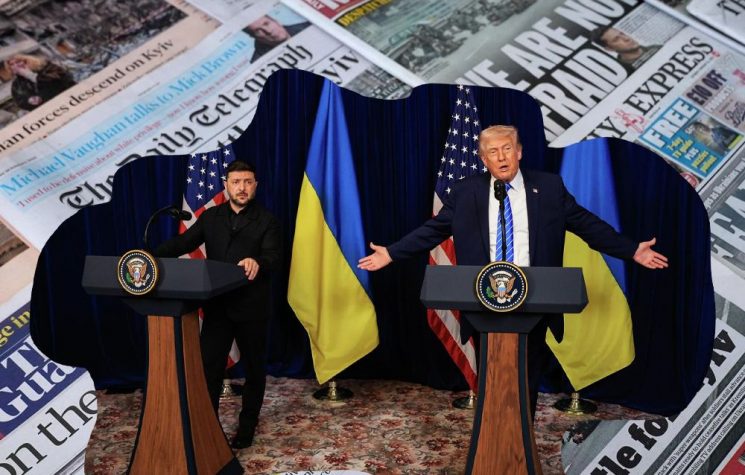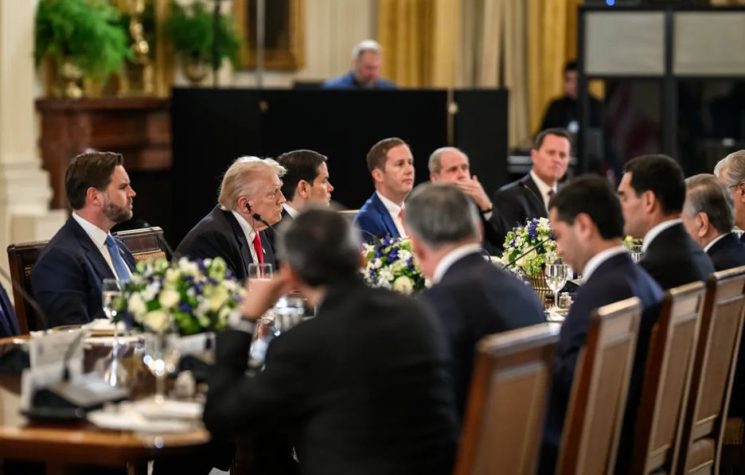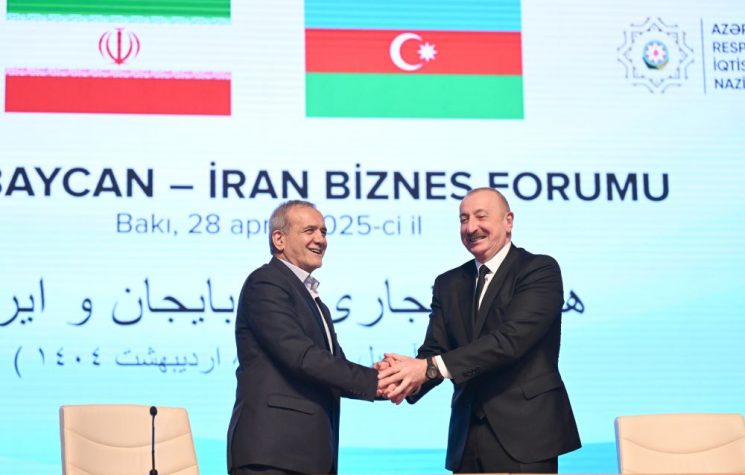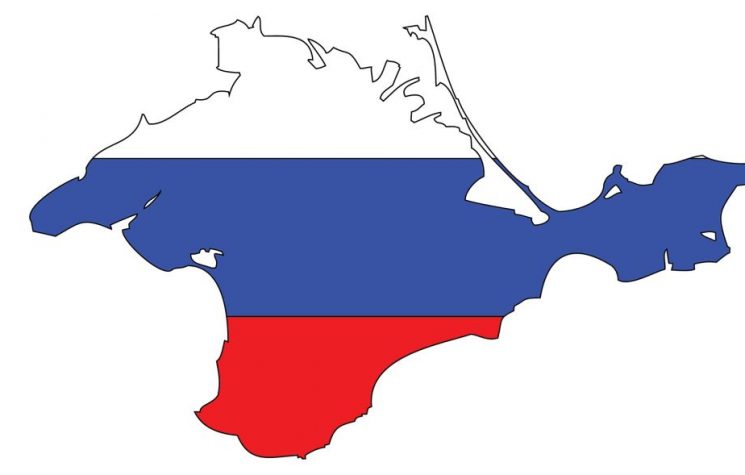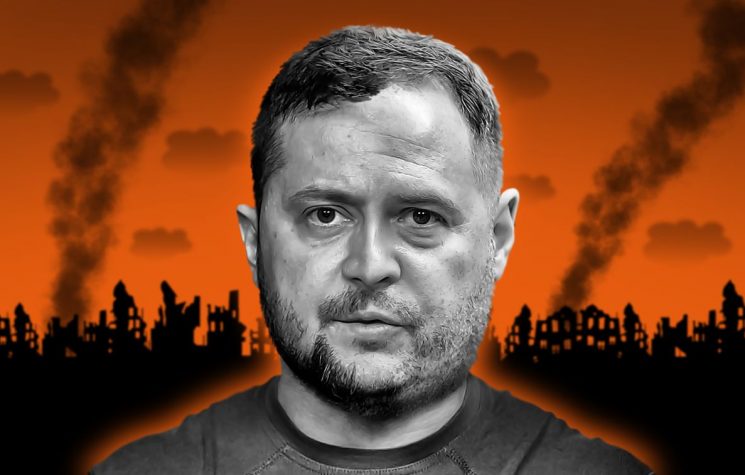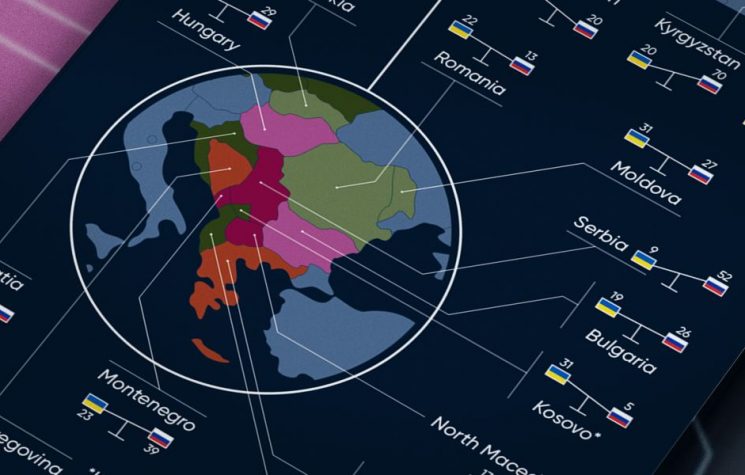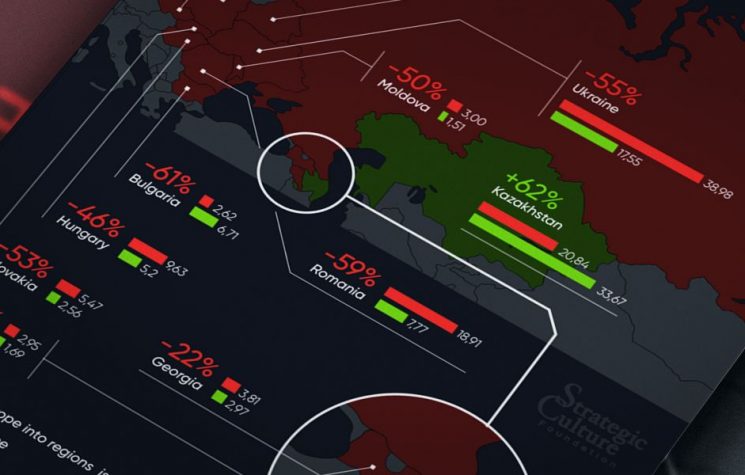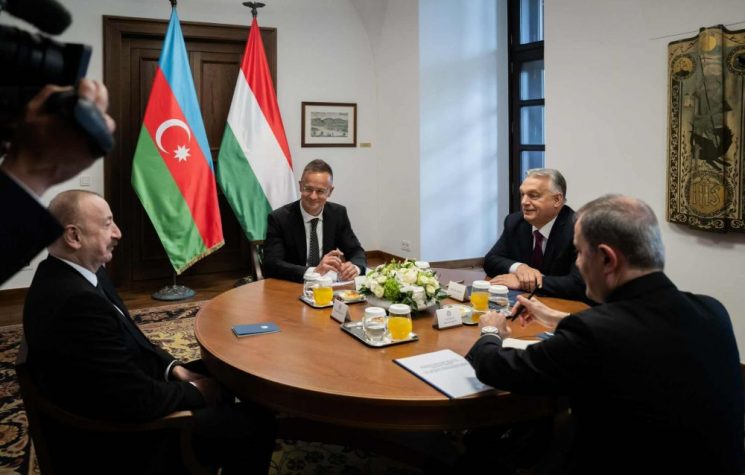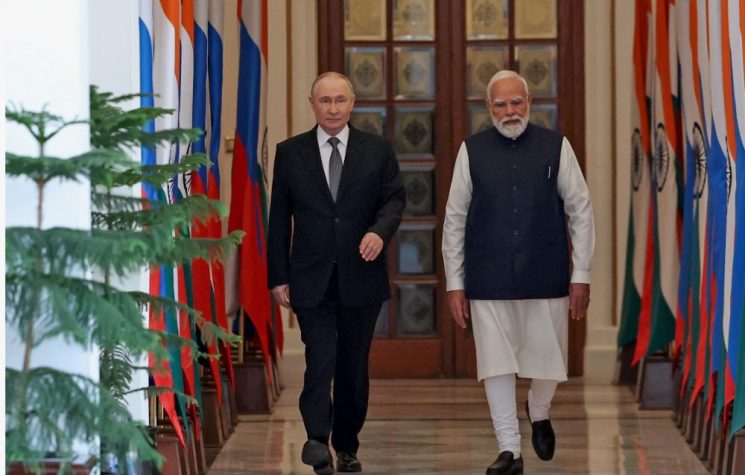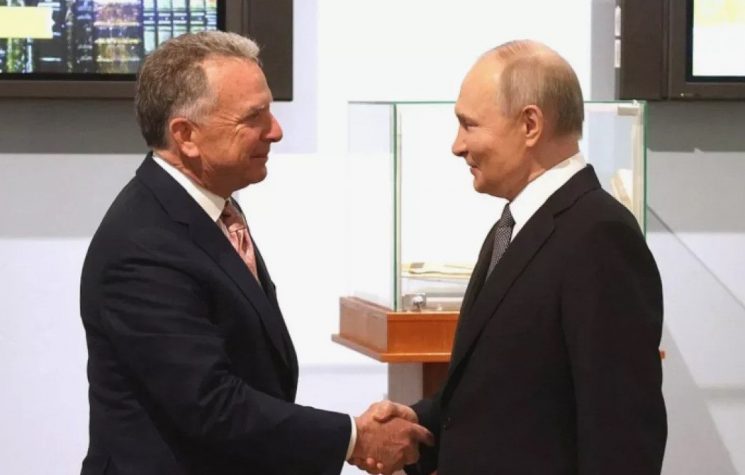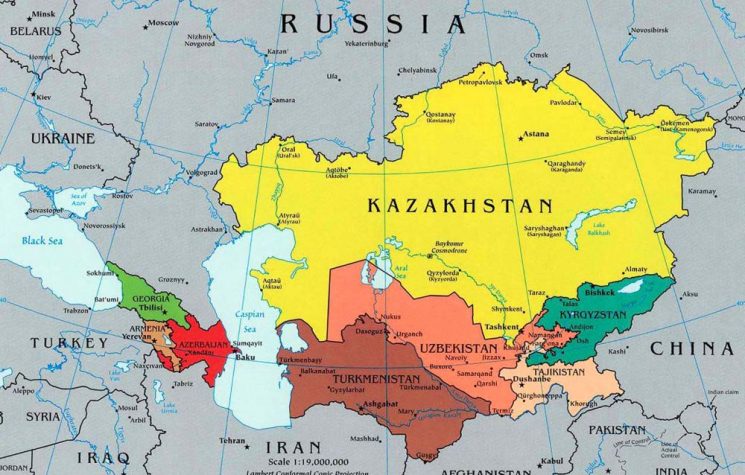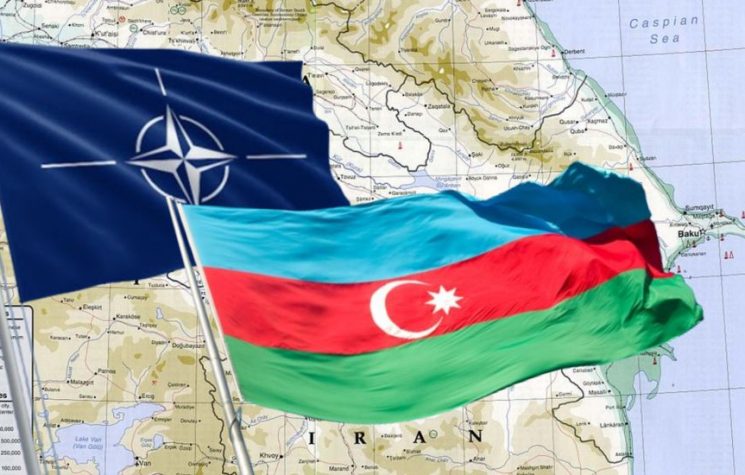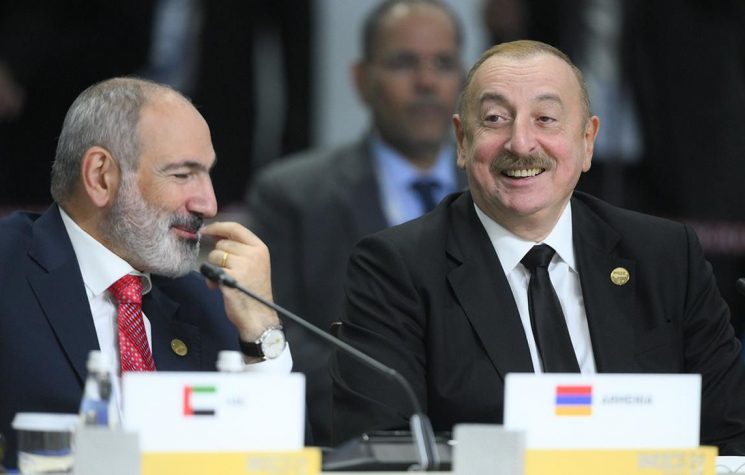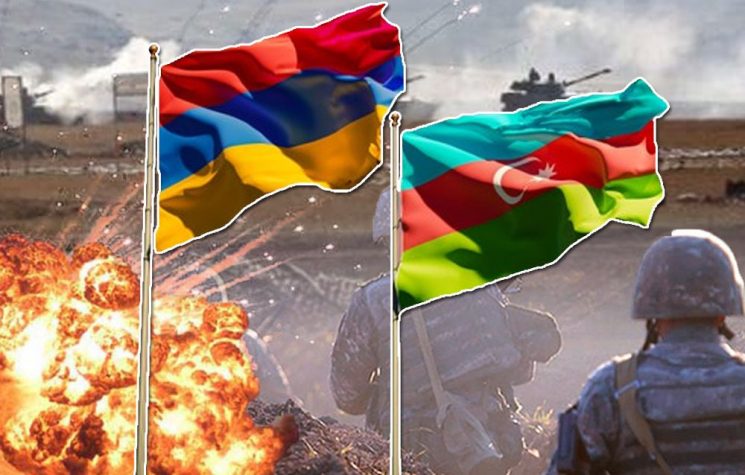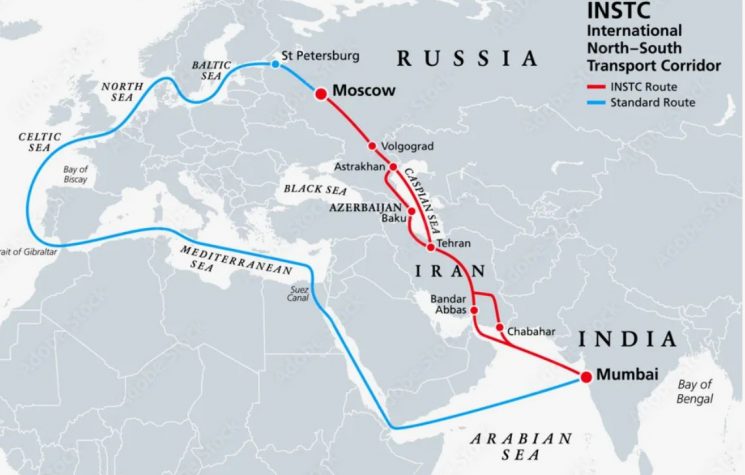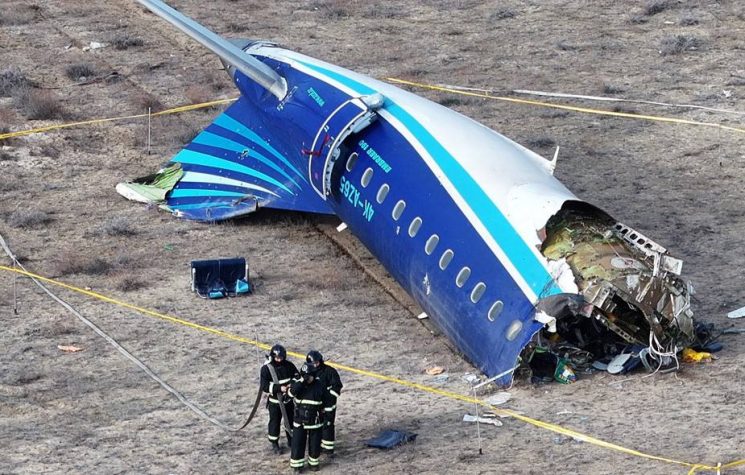Let’s try to understand how the crash of Azerbaijan Airlines Flight 8243 will leave a mark on geopolitical relations between the countries involved.
Contact us: info@strategic-culture.su
It is not easy to understand how things turned out, but what is certain is that the tragic event of the crash of Azerbaijan Airlines Flight 8243 will leave a mark on geopolitical relations between the countries involved. Let’s try to understand how.
An event not very clear
Reconstructing the event has already been taken care of by the authorities and numerous journalists and experts. Briefly summarized, on December 25, 2024, the Embraer 190AR operating the international flight from Baku to Grozny crashed near Aktau Airport in Kazakhstan. On board were 62 passengers and five crew members. The plane was severely damaged, allegedly by a Russian anti-aircraft missile, during the approach to Grozny, forcing the crew to attempt an emergency landing. Unfortunately, the plane failed to complete the maneuver and crashed, killing 38 people, including the pilots and a flight attendant, while 29 people survived with varying degrees of injuries. Preliminary investigations revealed that the plane suffered external physical and technical interference, with reports of explosions heard in flight. Russia admitted that its air defense system was active to repel Ukrainian drone attacks in the area, but did not confirm direct responsibility. Investigations have been launched by Azerbaijan, Kazakhstan, and Russia to determine the precise causes of the incident.
Relations between Azerbaijan and Russia
Commercially, historically relations between the two countries have experienced ups and downs, but in recent years, especially since the start of the SMO in Ukraine, they have seen a significant convergence of interests, especially in the energy sector.
Russia has an important strategic position for Azerbaijan, not only because of its geographical proximity but also because of its political and military influence in the Caucasus region. Since the Russian invasion of Ukraine, Azerbaijan has become a crucial channel for Russia to maintain and develop its trade relations with Europe, especially through triangulation of goods. This is particularly evident in the energy sector, where Russia has resumed supplying gas to Azerbaijan’s state-owned company SOCAR to offset increasing demands from European partners, despite sanctions imposed by the West. This arrangement has raised international concerns, with the European Union closely monitoring this collaboration to prevent Russian gas from reaching Europe through Azerbaijan, potentially undermining the effectiveness of sanctions.
Trade is nowadays significant. Trade volume exceeds $4 billion, with Russia mainly exporting oil, gas and derivative products to Azerbaijan, while Azerbaijan exports products such as locomotives, automobiles and food goods to Russia. Cooperation also extends to the military-technical sector, with bilateral agreements including protection of intellectual rights arising from cooperation in this area.
Azerbaijan, while maintaining good relations with Moscow, has sought to balance its international ties, also developing relations with the West, particularly Italy, which has become a major trading partner in Europe. Azerbaijan’s strategic importance to Russia, however, is also evident in the North-South Corridor project, which aims to create an o alternative international transportation outlet without U.S. military bases, thereby increasing strategic cooperation between Gazprom and SOCAR.
Despite geopolitical tensions, such as those related to the Nagorno-Karabakh conflict and international criticism of both countries’ policies, the need to maintain some economic stability has prompted both to strengthen their trade ties. Russia, under pressure from sanctions, has found Azerbaijan a useful ally to circumvent some of these restrictions, while Azerbaijan has used its position to increase its geopolitical relevance and economic clout.
Geopolitically speaking, relations over the past three years have been characterized by a complex dynamic of cooperation and tension. The conflict in Ukraine in 2022 significantly altered the landscape, bringing Azerbaijan into a more strategic position than it was previously.. Despite economic and military cooperation, relations between the two countries show a variety of nuances, from cordial to pragmatic, with moments of tension due to different alliances and geopolitical interests.
In 2022, Russia sought to strengthen its ties to counter Western influence in the region, using tools such as the Eurasian Economic Union (EAEU) to attract Baku toward closer integration, but Azerbaijan has maintained a balanced foreign policy, trying not to alienate either Russia or its Western partners, as evidenced by President Ilham Aliyev’s visit to Brussels and his statements to support NATO, particularly through its relations with Turkey.
The Nagorno-Karabakh conflict has further complicated relations. After the 2020 war, which saw Russia deploy peacekeeping forces to the region, Azerbaijan expressed dissatisfaction with the Russian presence, seeing it as an obstacle to its territorial integrity. Despite this, Russia has remained a key player in maintaining stability in the region, with President Putin and Aliyev maintaining regular personal contact, as evidenced by their meetings and numerous phone conversations.
Despite this, the perception of Azerbaijan toward Russia has changed, especially among young people and political pundits, moving toward a “complication” of social perceptions of Russia, thanks in part to pressure made by the government in Ankara, especially in recent months. A kind of low-profile attack that Moscow is trying to counter-balance as best it can, because the loss of Azerbaijan as a partner is not contemplated.
Who benefits from this incident?
The affair, of course, benefits the usual ones: the UK immediately commented on the affair, pointing the finger at Russia. So did Canada’s foreign minister, in concert with the United States, which via social media blamed Russia.
CNN quoted an unnamed U.S. official as reporting that the crash of Azerbaijan Airlines flight J2-8243 in Kazakhstan, which was traveling from Baku to Grozny before suddenly veering off course toward the Caspian Sea, may have been caused by Russian air defenses mistakenly firing on the flight. Kremlin spokesman Dmitry Peskov cautioned against indulging in speculation and waiting for the conclusion of the investigation, but his advice was obviously unheeded by the United States, which has an interest in shaping the narrative.
It is clear that they want to absolve Ukraine of any responsibility, despite the fact that it had emerged that it had launched long-range drone strikes on Grozny around the time of the incident, which could have led Russian air defenses to mistakenly fire on aircraft 8243, or it could have been shrapnel from a destroyed drone that hit it. One detail that should not be underestimated: Grozny is a long way from the SMO areas; the attacks that occurred there are about a specific terror strategy.
What is certain is that such a case is a tasty morsel for the Anglo-American infowarfare. The CNN report, however preliminary and entirely arbitrary, has been spread as absolute truth: the U.S. official quoted is anonymous, so it is not even known if it is true; the statements made come from an alleged individual who allegedly lives thousands of miles away from the site of the incident; what he said has nothing to do with the investigation that as many as three states are conducting. Curious, isn’t it?
To close the entire southern airspace indefinitely as a precaution because of the long range of Ukrainian drones would objectively have been an overreaction with incalculable financial costs, just as if the United States had done the same in response to mysterious drone sightings on the East Coast earlier this month. However, precisely because Russia did not do so, Ukraine and its media allies will predictably claim that it was an irresponsible reaction after the event.
Creating tension in relations between Russia and Azerbaijan is in the interest of the US (and Ukraine).
Militarily and diplomatically, the U.S. has provided Azerbaijan with military assistance and support to modernize its armed forces since 1992-the year of its exit from the USSR after its collapse-with the U.S. becoming a major supplier of military equipment, including artillery systems and field aviation. A significant example of this cooperation was the announcement in 2009 by the Israeli company Aeronautics Defense Systems Ltd, with U.S. support, to build a factory in Baku, further strengthening military ties. Pr more, Azerbaijan received $30 million in military aid from the United States in 2022. On the diplomatic front, there have been numerous exchanges of official visits that have strengthened ties, with Azerbaijani President Ilham Aliyev expressing his intention to elevate bilateral relations to a strategic level. These developments have been accompanied by cooperation in the energy sphere, with Azerbaijan playing a key role in oil and natural gas supplies to Europe, often with U.S. support.
Aliyev is a supporter of Donald Trump, despite the fact that it was under his last presidency that Azerbaijan became embroiled in the conflict over Nagorno Karabakh. In July, on the sidelines of COP 29, he had expressed a lot of praise for Trump, especially regarding disinformation and shared values. He was not slow to send a congratulatory missive on the November elections. Then again, Aliyev is a businessman, and so is Trump.
The Biden administration, on the other hand, played against the country by banning direct economic aid from the U.S. government through the redevelopment of the Freedom Support Act of 2001, which in Section 907 provided for blockades to Azerbaijan. Again, at the human rights level, the U.S. 2023 Annual Report on Religious Freedom have singled out Baku as a government responsible for many violations.
Breaking the good friendship between Russia and Azerbaijan would play into the hands of the U.S. to secure extra access to the South Caucasus and the Caspian Sea. The Caspian is, as explained elsewhere, a key point of Rimland, and controlling it means access not only to Russia and many other CIS countries, but also vertically dividing a large geopolitical space like Eurasia.
Venturing some hypotheses, we see that:
1) If it was a planned attack, the principals can only be Kiev and Washington, the only ones to find profit;
2) If it was an accident, the rapidity of the U.S.-U.K. in spreading speculation about the event confirms the desire to annoy Russia at a sensitive stage of Caucasian relations;
3) If, on the other hand, there is the hand of other “high risk” countries, such as Armenia or Georgia, well…this is a scenario that will have to be explored.
In all three cases, in the information war, it is not the “real” news that wins, but the most “credible” news, and to get there one has to dominate the information, take possession of the meanings and meanings, so as to write the framework of the reality in which we live.
This article was corrected to insert the missing links.













